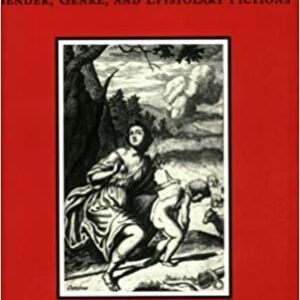
A Gentleman and an Officer: A Military and Social History of James B. Griffin’s Civil War
Edited by Orville Vernon Burton (NHC Fellow, 1994–95) and Judith N. McArthur In 1861, James B. Griffin left Edgefield, South Carolina, and rode off to Virginia to take up duty with the Confederate Army. He was thirty-five years old, a wealthy planter, and the owner of sixty-one slaves when he joined Wade Hampton's elite Legion … Continued




